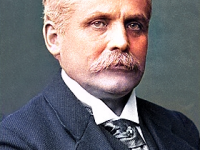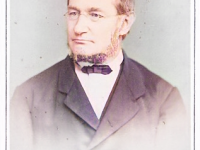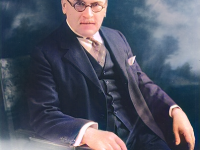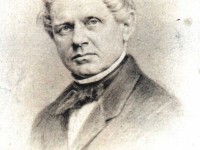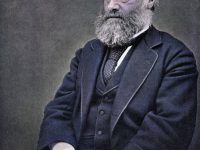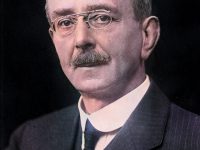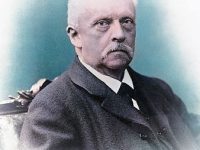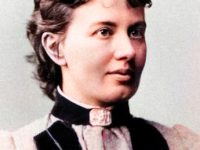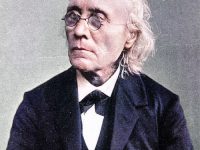Wilhelm Wien and the Distribution Law for Blackbody Radiation
On January 13, 1864, German physicist Wilhelm „Willy“ Carl Werner Otto Fritz Franz Wien, known as Wilhelm Wien, was born. He primarily researched the laws of thermal radiation and was awarded the Nobel Prize in Physics in 1911 for his work. Wilhelm Wien – Early Years Wien was born at Gaffken near Fischhausen, Province of Prussia (now Primorsk, Russia) as the son of landowner Carl Wien. In 1866, the Wien family, including Wilhelm,…
Read more

